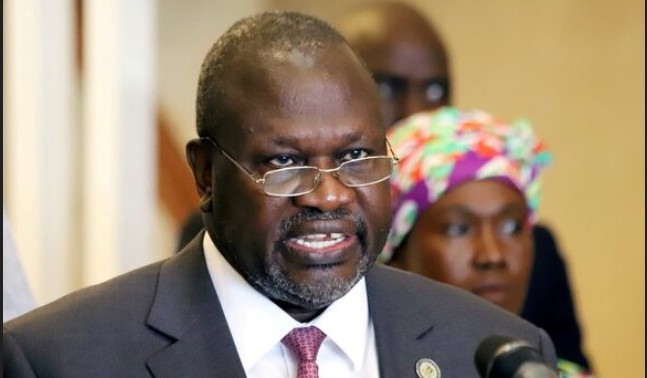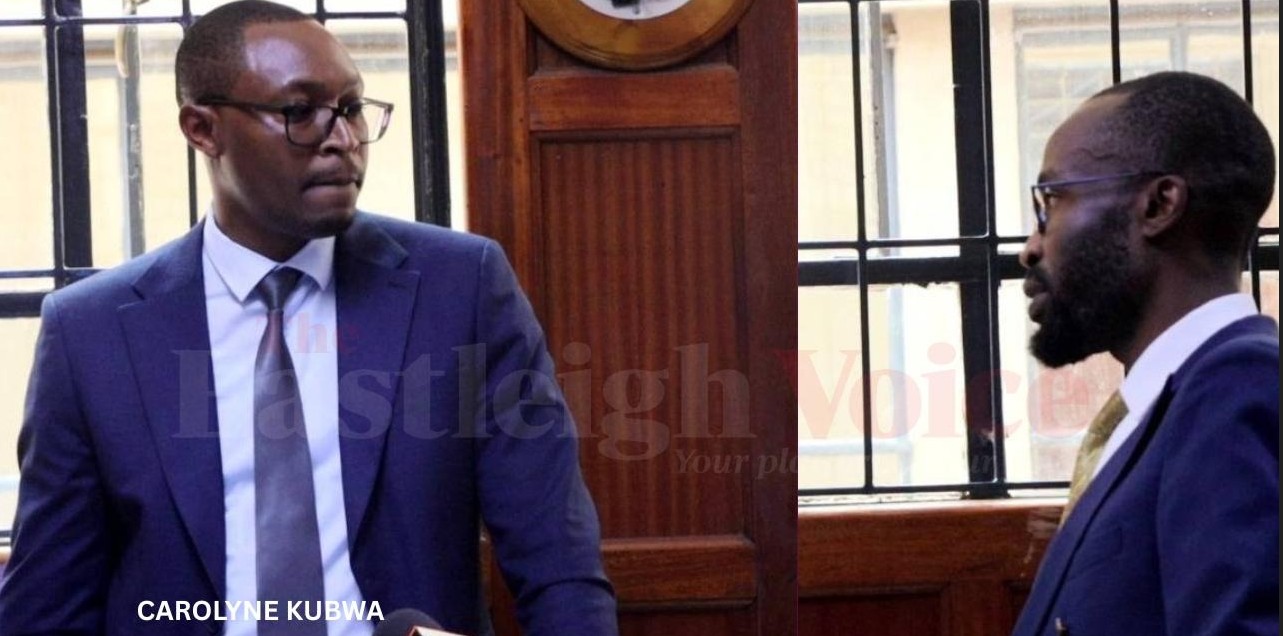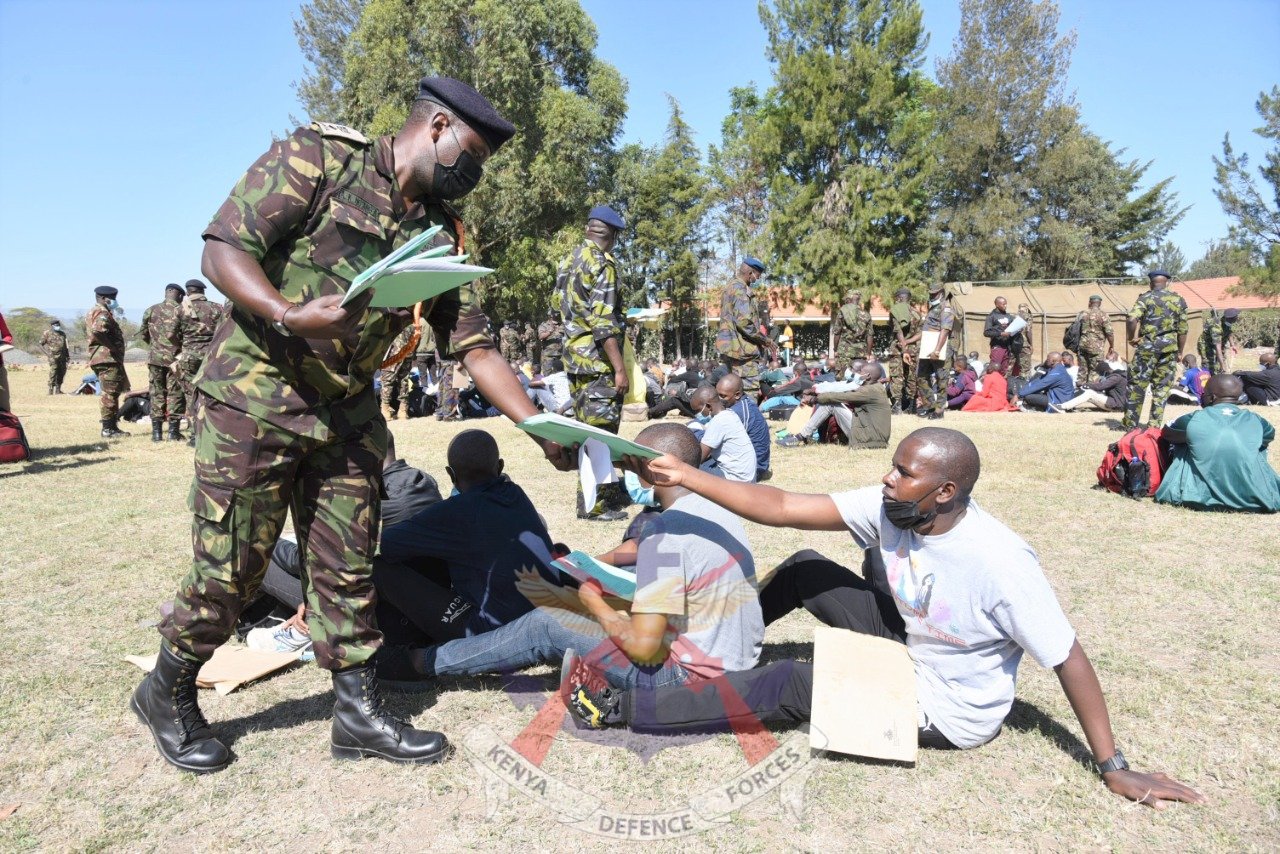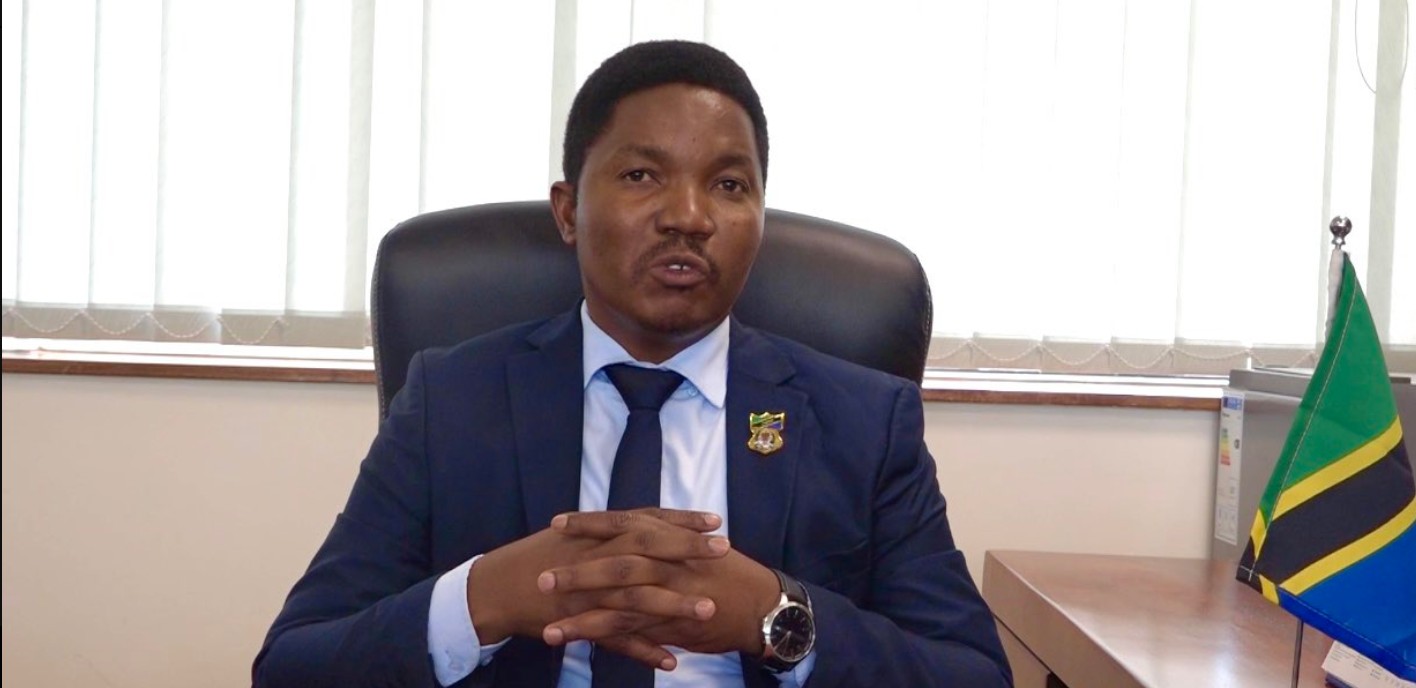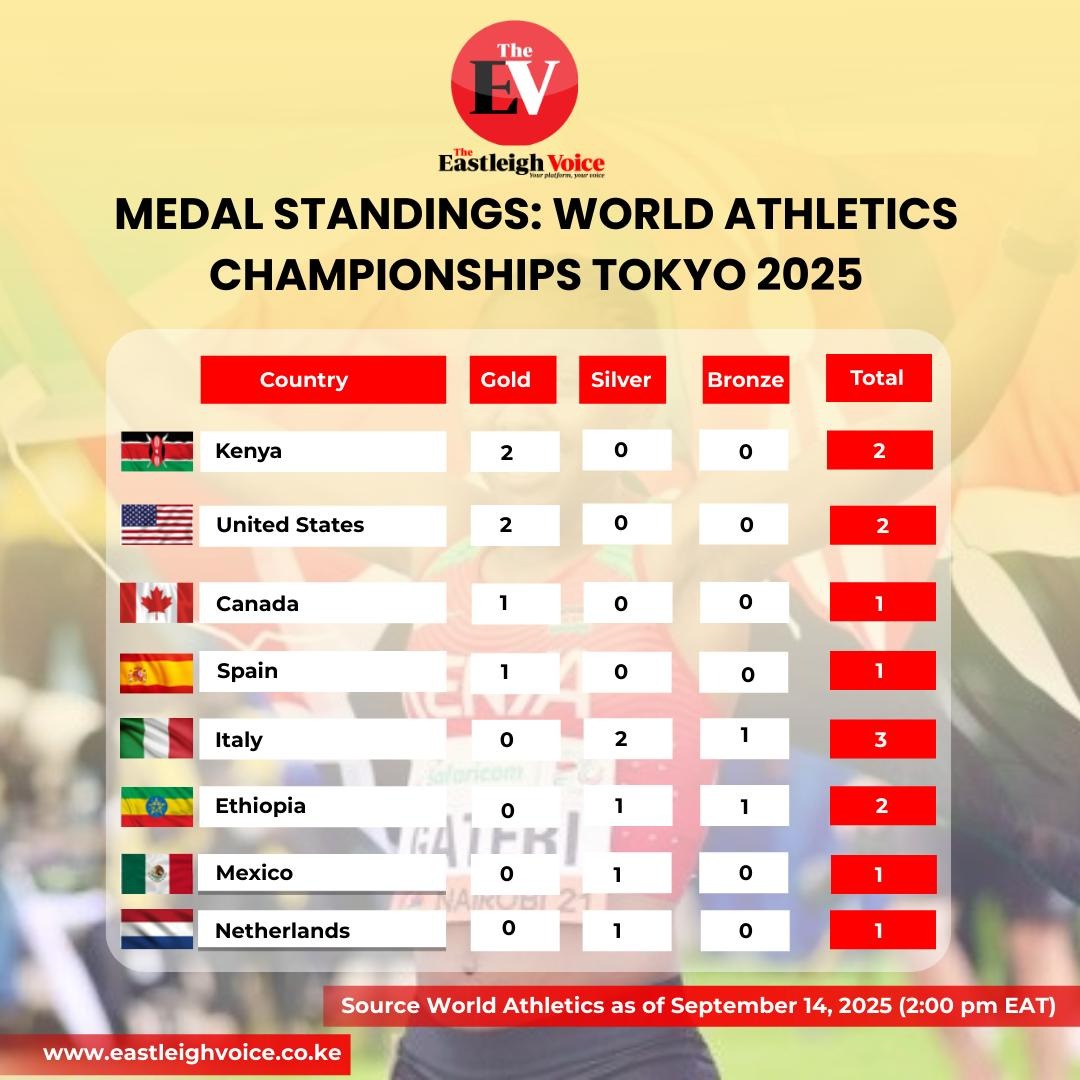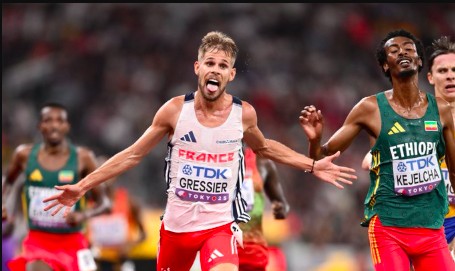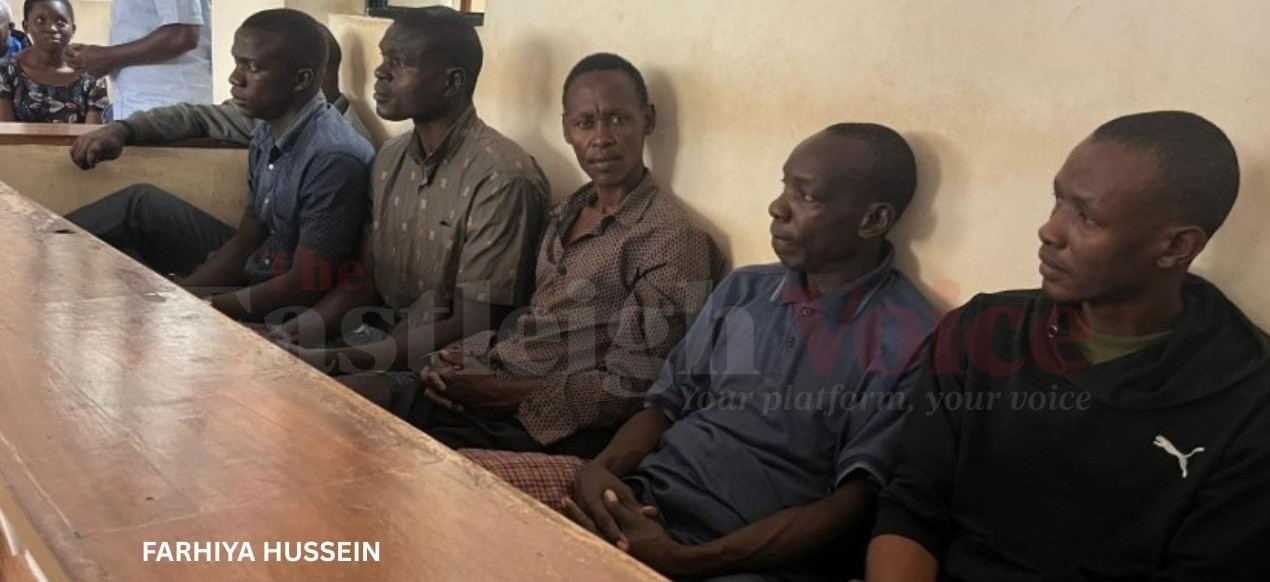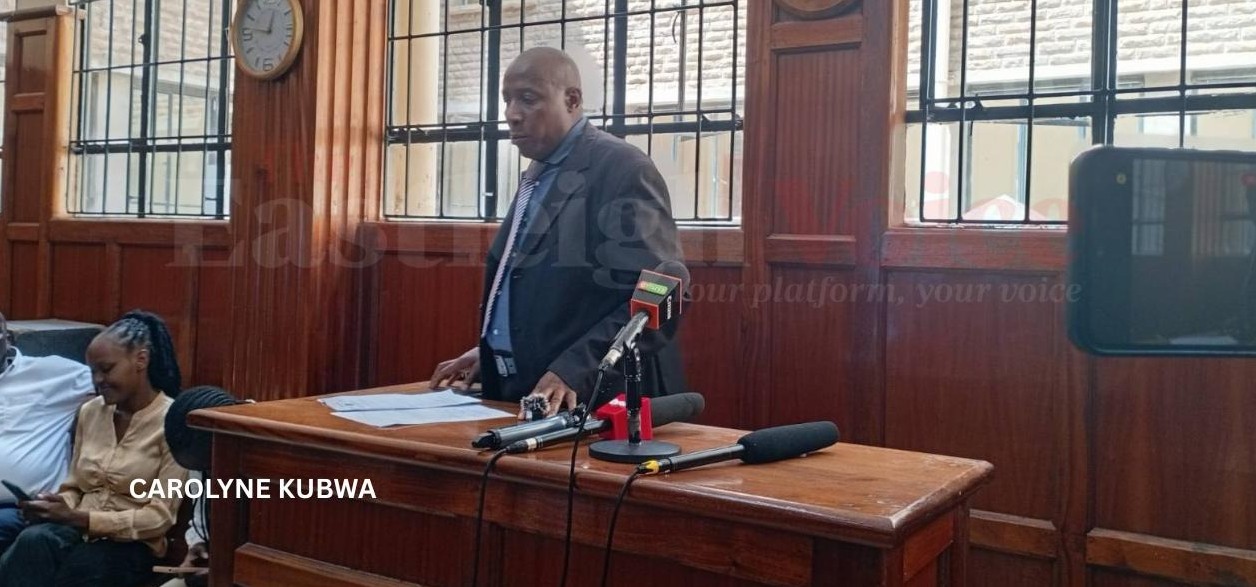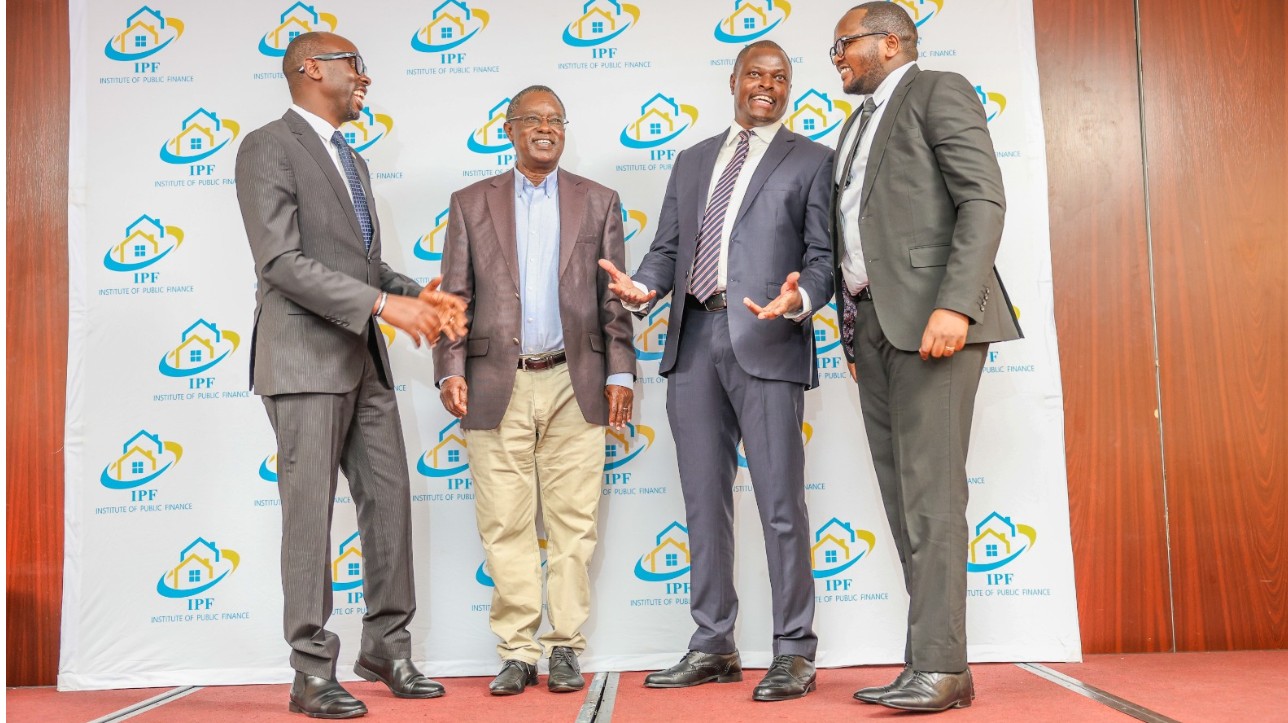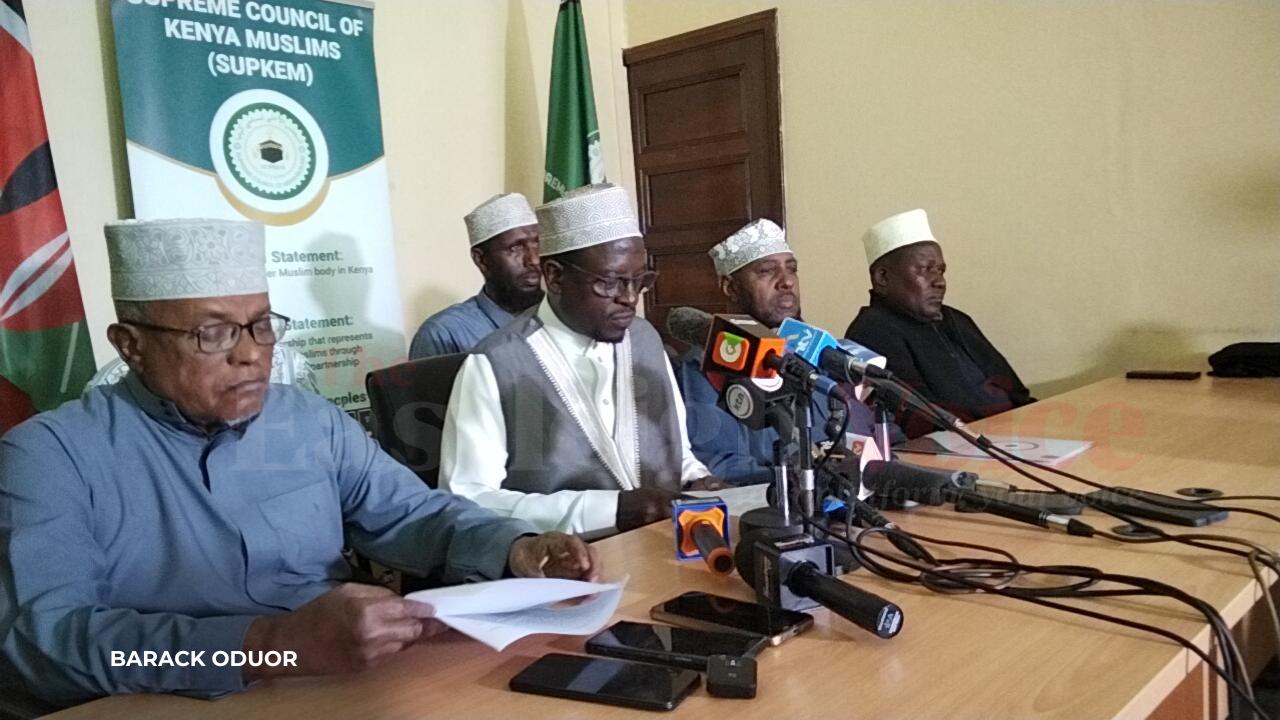Motorists demand disbandment of EPRA over unfair fuel pricing, say Kenyans are being exploited
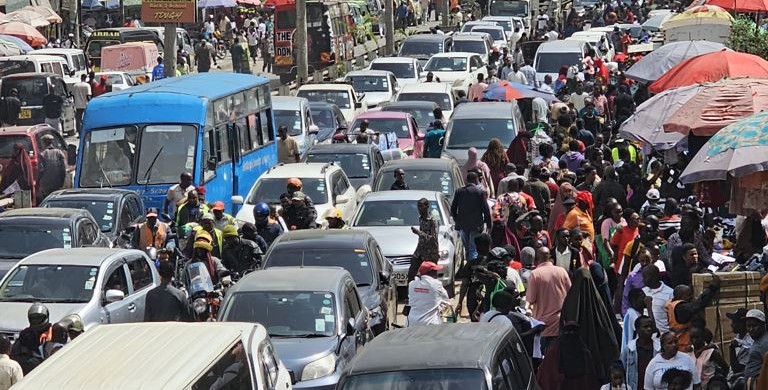
The association said the monthly price revisions have become a “circus” designed to keep the public anxious and condition Kenyans to accept unpredictable hikes.
The Motorists Association of Kenya (MAK) has called for the disbandment of the Energy and Petroleum Regulatory Authority (EPRA), accusing the body of imposing politically influenced fuel prices that punish ordinary Kenyans.
In a statement on Monday, the association said the monthly price revisions have become a “circus” designed to keep the public anxious and condition Kenyans to accept unpredictable hikes.
More To Read
- CBK records rising global oil prices ahead of EPRA’s fuel price review
- Smart driving licence access expanded to 15 Huduma Centres
- Motorists association demands action against rogue boda boda riders after Thika killings
- Fuel prices for petrol and kerosene drop by Sh1 as diesel remains unchanged
- Motorists Association cites negligence, corruption for spike in road deaths
- Fuel prices set to rise in 2026 following EPRA’s profit formula changes
“This monthly circus only keeps Kenyans on edge and conditions the public to accept exploitative, unpredictable hikes,” MAK said, referring to the latest adjustments where Super Petrol fell by Sh0.79, Diesel by Sh0.11 and Kerosene by Sh0.80 per litre.
MAK emphasised that fuel pricing was more transparent under the former Energy Regulatory Commission (ERC), which applied a scientific formula open to the public and stakeholders.
“Before ERC, fuel prices reflected actual market conditions. They were accountable, explained and accessible to all,” the association said.
Politically influenced pricing
MAK added that dismantling ERC in 2013 and replacing it with EPRA led to politically influenced pricing, with appointed directors setting costs without public accountability.
“Thirteen years of punitive, politically motivated fuel pricing has no basis in economic reality. Fuel prices are now a tool for easy revenue extraction, a tax collector’s paradise, rather than a fair reflection of global oil markets,” reads the statement.
The association also criticised EPRA’s opaque government-to-government (G-to-G) fuel procurement system. MAK said the system allows a few suppliers to profit while ordinary Kenyans shoulder the cost.
“Fuel is not a luxury; it powers our economy, transport and livelihoods. EPRA has failed to protect the public,” MAK said, adding that fuel procurement should return to open tendering to ensure transparency and allow market forces to work.
Highlighting the regional impact, MAK noted that Tanzania recently increased fuel prices by Sh27 after benchmarking EPRA’s model, a move that could make regional transport prohibitively expensive and threaten East African Community integration. The association described this as “nothing short of an economic conspiracy against the region’s integration and prosperity.”
Return transparent formula
MAK demanded a return to ERC’s transparent formula or a free-market approach where global oil trends determine prices.
“The government has no business setting fuel prices. Let market forces work, and if the government wants revenue, it must do so transparently,” the association said.
The group further linked high fuel costs to rising bus fares, slowed economic growth, and an increased cost of living.
“The Kenyan public has endured enough price injustice. It is time to end this 13-year daylight robbery and restore fairness, transparency, and accountability in fuel pricing,” MAK said.
The criticism follows EPRA’s latest fuel price review released on Sunday, September 14, which set Nairobi pump prices at Sh184.52 for Super Petrol, Sh171.47 for Diesel, and Sh154.78 for Kerosene, effective for 30 days.
In Mombasa, prices are Sh181.21, Sh168.19, and Sh151.49, while in Nakuru they are Sh183.56, Sh170.87, and Sh154.21. The prices include 16 per cent VAT in line with the Finance Act 2023, the Tax Laws (Amendment) Act 2024, and excise duty adjustments per Legal Notice No. 194 of 2020.
In the August review, EPRA had reduced Super Petrol and Kerosene by Sh1 per litre while Diesel remained unchanged. In contrast, on July 14, fuel prices rose sharply, with petrol up Sh8.99, diesel Sh8.67 and kerosene Sh9.65 per litre.
The increase followed a spike in freight costs after attacks in the Strait of Hormuz, a key global oil and liquefied natural gas (LNG) trade route connecting the Persian Gulf with the Arabian Sea, which handles roughly 20 per cent of global oil and LNG trade daily.
Top Stories Today
